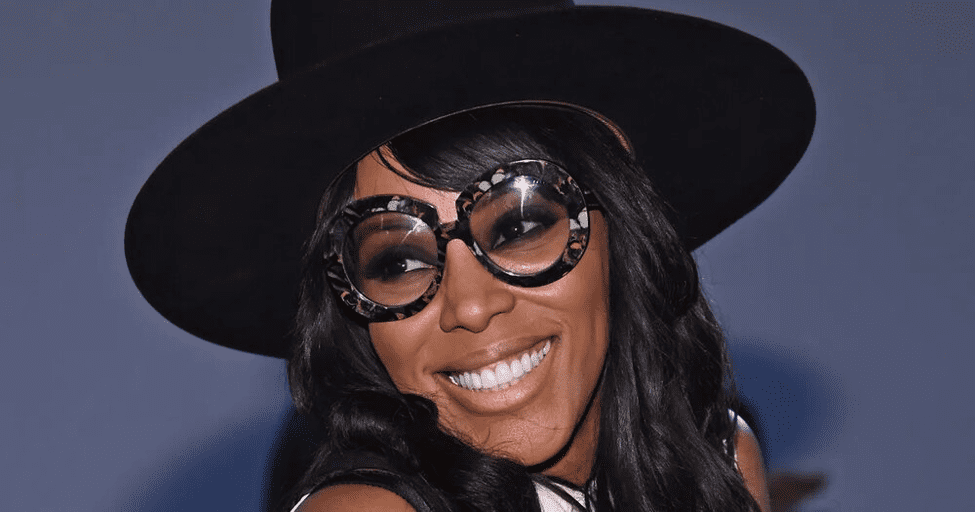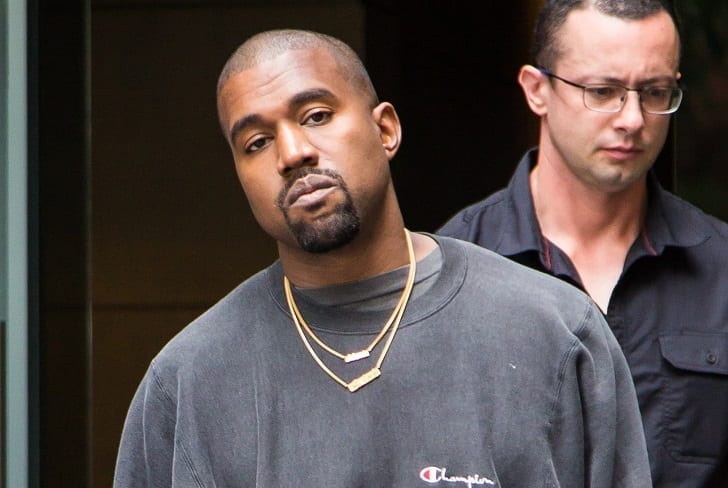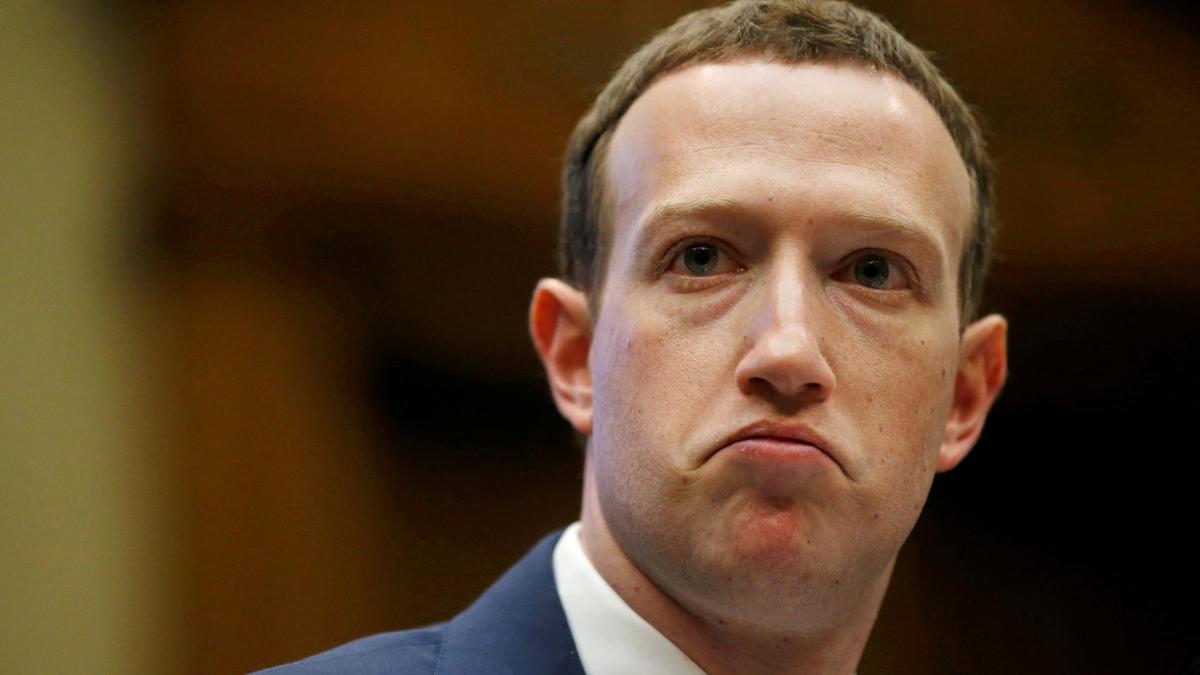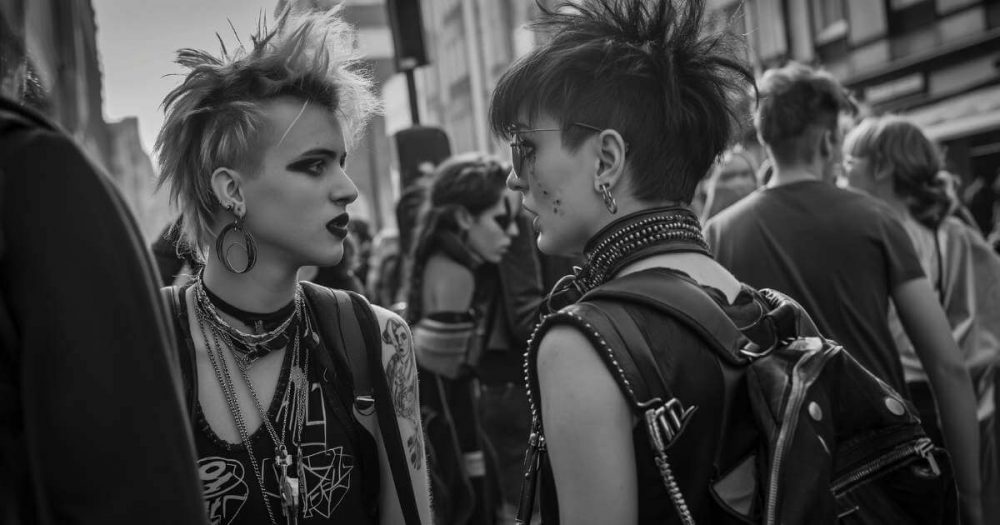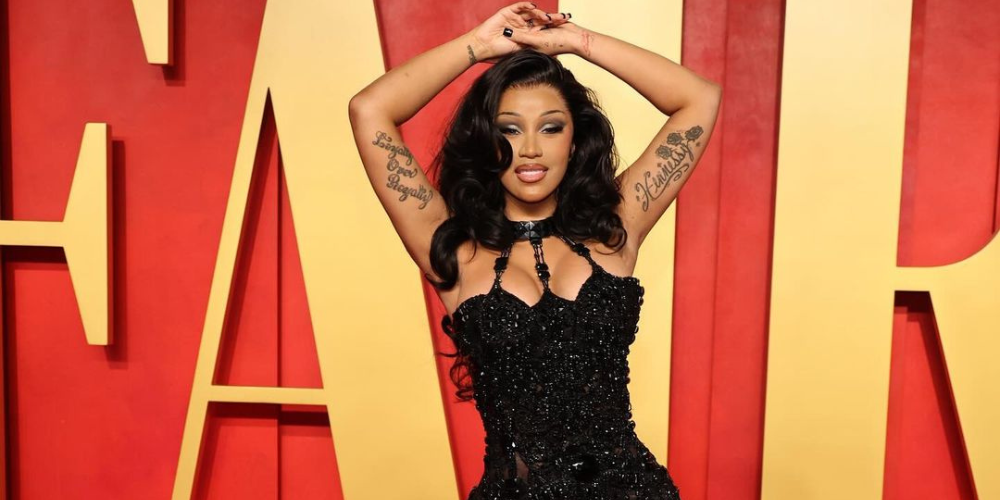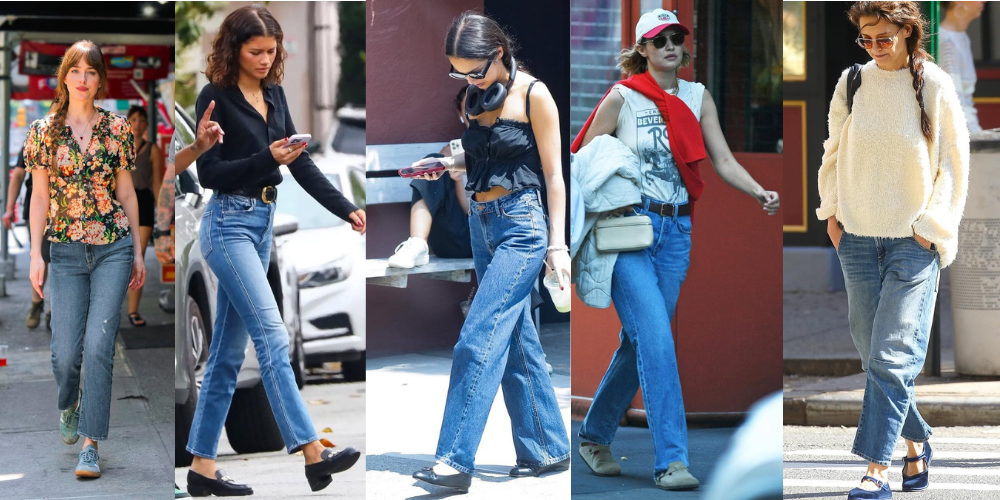The grass isn't always greener on the other side.
Looking at celebrities and sports personalities, we might think their lives are much better than ours, but that's not necessarily true. At least not in the case of Naomi Osaka.

David Ramos/Getty Images | Naomi Osaka has yet again brought mistreatment of athletes to the forefront
Recently, while appearing on Women's Health magazine's September issue, Osaka raised her voice against the way athletes are treated these days. She called for a more understanding and just society.
Here's what her bold interview looked like.
"Even athletes are human!"
Osaka, who made headlines for withdrawing from the French Open and Wimbledon due to mental health issues, is trying to change people's perceptions around the issue. During her latest interview, she said the society we live in today is quick to judge and comment on others. For them, someone's silence is uncomfortable.
Speaking about her withdrawal from games, the tennis player said she hopes her step has made people realize that even athletes are humans. Like any other person, even they deal with issues that might not be visible to the rest of the world.
The 23-year-old recalled that growing up when she was labeled as "the quiet one," it affected her personality. She felt like she was trapped in a box with no way out. When she tried to break that box and blend with people, it made her stand out too. However, now things are much better, and she has learned to embrace that side of her.

Kelly Defina/Getty Images | The tennis champion has been quite vocal lately about athletes experiencing mental health problems because of the struggles they go through
When asked how she calms her nerves before matches, Osaka said she listens to music. Naming some of her favorite artists like Rihanna, Saweetie, and Beyoncé, she said they’re always on top of her list. She explained that listening to these artists’ creations helps her dull her social anxiety. It calms her down and silences her inner voices that aren’t good for her game. The world no. 2 added that she finds music inspiring and uplifting. She assured everyone that there's more to her than just playing tennis.
Previously, athletes were only recognized for the kind of sport they played, but now, they can do more than that. They can do something for the betterment of society, and that's something inspiring.
The backdrop
This isn't the first time Osaka has spoken about her issues. Earlier, in July 2021, she wrote a powerful essay for Time magazine, saying she felt pressured to open up about her mental health problems so that people would support her decision to withdraw from the French Open.
She wrote that in other fields, people don't have to specify why they're taking a day off. They don't have to disclose their problems to HR or management. But in her case, she had to reveal her symptoms because the media houses and the tournament weren't ready to believe her.

Graham Denholm/Getty Images | Osaka had penned an essay to Time magazine in July 2021 highlighting how people judged her for stepping back from the French Open due to mental health issues
She continued this shouldn't be experienced by any other athlete, and people should take necessary measures for their protection. She even asked the press for privacy and empathy the next time they cross each other's paths.


